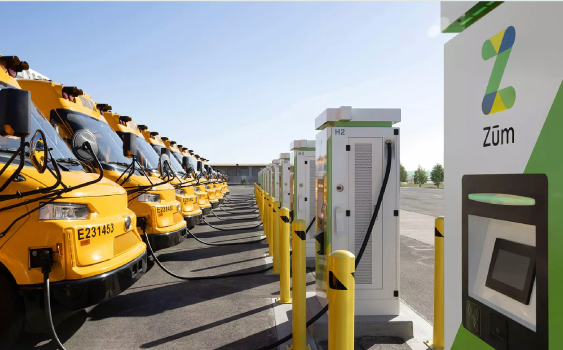When it comes to our ongoing economic crisis, you don't have to look too far to find connections to America's oil addiction.
It's hard to imagine, for example, how we'll ever put a stop to wild cyclical fluctuations when a relatively minor change in the price of crude can send shock waves through almost every sector of the economy. Then there's the impact of poorly thought-out public investments in oil-intensive, low-density sprawl, to which some have assigned a large helping of blame for the housing crisis.
Superstar blogger Matt Yglesias at Think Progress takes a look at another angle -- the impact of oil imports on the balance of international trade. An under-appreciated portion of the U.S. trade deficit is the result, he writes, not of China's rising stature or U.S. manufacturing losses, but of oil imports and oil addiction:
Now it’s not unusual that the US is a net oil importer. Most countries are. But America is a much more oil-dependent country than other places are. We have more anti-density regulations, more subsidization of big houses, less taxation of gasoline, less investment in mass transit, etc. than most developed countries. This isn’t really a coincidence.
The United States was a net oil exporter in the late-1940s. So we had a postwar industrial policy paradigm built around suburbanization and powerful firms in the oil and automobile sectors. The problem is that we’re not a net oil exporter anymore by a long shot. But we still have a policy paradigm build around encouraging lavish consumption of gasoline. Under the circumstances, we’d have to run a really enormous surplus in goods and services to cover the oil gap.
Elsewhere on the Network today: Bike Portland looks at the upsurge in advocacy groups for pedestrians, who have traditionally lacked the organizational capacity of cycling interests. The Dirt presents the position that the U.S. needs to move beyond the goal of sustainability to efforts aimed at actually restoring natural resources. And Bike Delaware lauds a bipartisan proposal to raise the federal gas tax by 25 cents.





